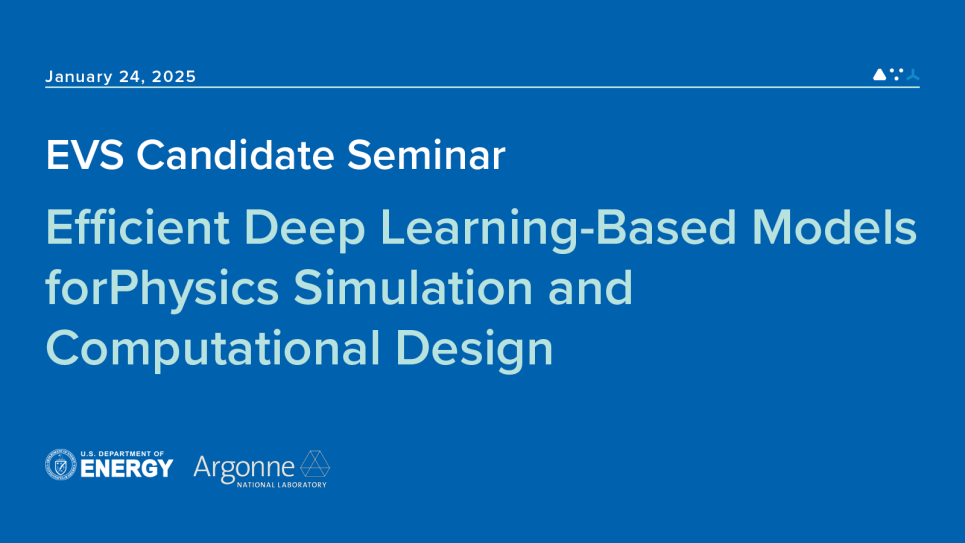
Efficient Deep Learning-Based Models for Physics Simulation and Computational Design
Scientific computing problems are widely used in the field of physics, biology, material science, civil engineering etc., where real-world problems often require resource-intensive high-fidelity simulations of physical systems. These challenges are further compounded by curse of dimensionality, where the computational complexity increases exponentially with the input parameters. Traditional numerical methods are often limited by available computational resources. While data-driven and physics-informed deep-learning surrogates have shown promise in addressing these challenges, they still face issues with generalizability, complex domains, and data quality. The goal of this work is to take a step toward addressing these challenges and advance efficient deep-learning approaches for scientific computing problems. Specifically, novel architectures using Graph Neural Networks and Physics-Informed Neural Networks are presented to model physical systems more effectively and accurately. They are applied to a range of problems in solid mechanics and steady-state fluid dynamics, with validation results presented across various engineering applications.